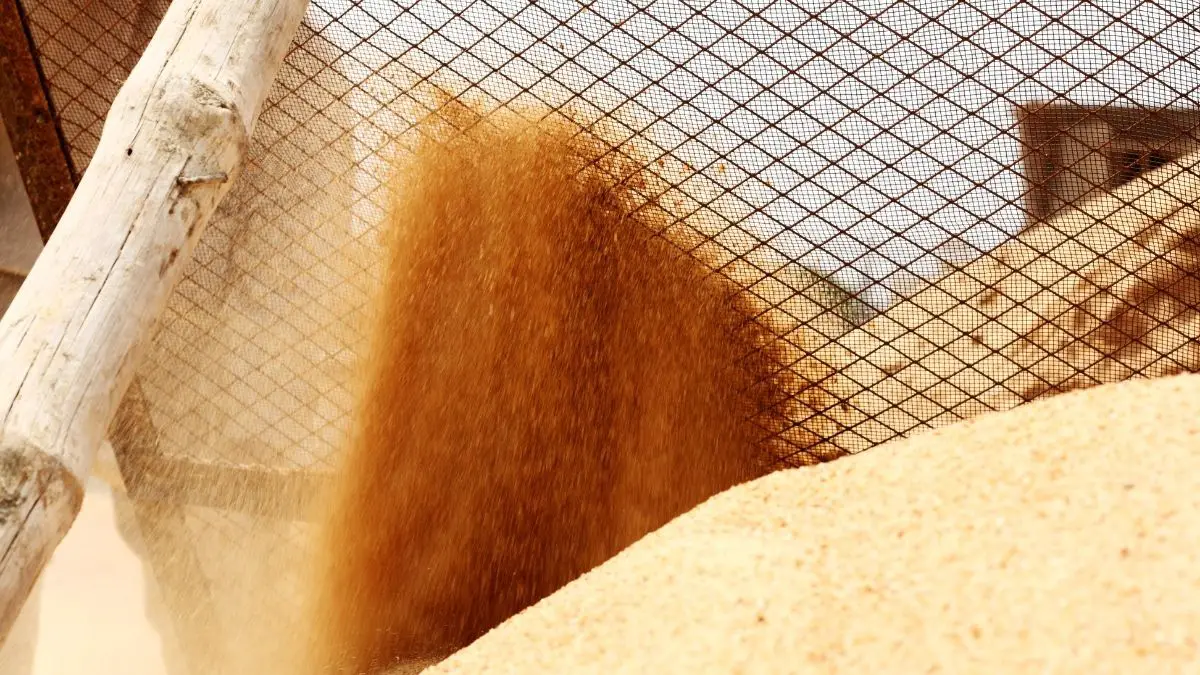What Is Masonry Sand? (Everything You Need To Know About This All-Purpose Sand)
I never thought I’d become so interested in sand, but my kids love it and play with it nearly daily. In the early days looking for sand alternatives, I wasn’t really sure what was what! You probably know that the sand in your children’s sandbox isn’t the same as the sand you find at the beach. But did you know that not all store-bought sand is the same?

In fact, there are several different types (and they all have different applications)! One of the most popular types of sand available is masonry sand.
Masonry sand is used for many different home and landscaping projects. While it’s made of the same quarry rock as other sands, it’s carefully processed to achieve a fine, uniform texture.
With so many sands to choose from, how do you know which is right for your next DIY project? Or which is safe for your children to play in?
Here’s everything you need to know about mason sand and its many household uses:
What Is Mason Sand?
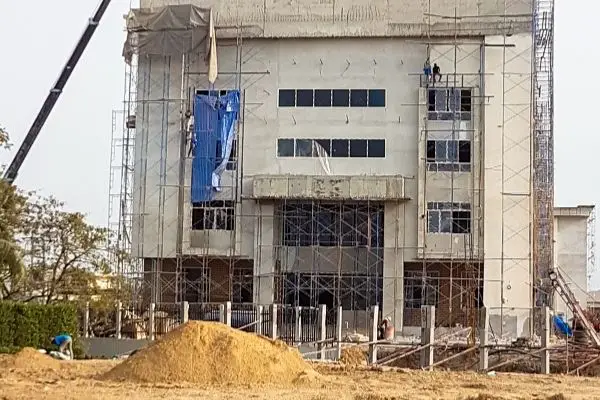
Mason sand (also called masonry sand or mortar sand) is a fine sand often used in construction. This sand features grains of uniform size, giving it a smooth look and feel.
It gets its name because it is commonly used in masonry work. However, mason sand is extremely versatile and can be used for a wide range of projects.
What Is Mason Sand Made Of?
Most commercial sands, including mason sand, are created by crushing solid rocks in a quarry.
The exact makeup of any sand will vary depending on where and how it is sourced. Granite, quartz, limestone, and gneiss are all commonly used to make mason sand.
How Is Mason Sand Processed?
Masonry sand must undergo thorough processing to get its trademark appearance and texture.
After the quarry rock is crushed into sand-sized particles, it is washed through a screen. While fine sand particles pass through the screen with ease, larger grains are filtered out and removed from the mixture.
This filtering process is very similar to panning for gems or gold — just on an industrial scale.
Screened masonry sand contains uniformly sized sand particles for a smooth final product. This is what sets masonry sand apart from other sands used in construction, such as concrete sand or paver sand.
What Is Mason Sand Used For?
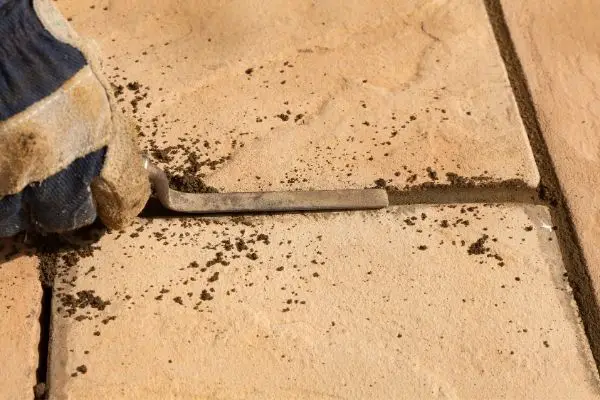
Masonry sand is the top choice for most projects that don’t call for a specific kind of sand. It offers the perfect balance of fineness and affordability for many home and commercial projects.
Mason sand is frequently used to make mortar, a type of cement used to fill the gaps between bricks or stone blocks. It may be used to fill gaps between landscaping pavers but is not the preferred sand for the job.
You can also use fine masonry sand to cover large recreational areas like a volleyball court or playground.
Mason Sand Vs Concrete Sand: What Is The Difference?
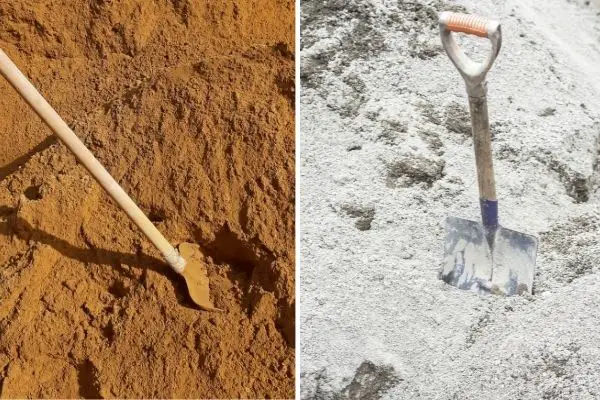
Yes, there is a difference between masonry sand and concrete sand. While both types of sand are made from the same rock, they are processed differently before being sold to consumers.
We already mentioned how masonry sand is washed and screened to remove large grains. Without this process, mason sand would essentially be no different than concrete sand.
Concrete sand is not crushed as finely as masonry sand. It also undergoes minimal screening to remove large particles. This gives concrete sand a coarse feel and rough appearance.
Can You Make Concrete With Mason Sand?
Despite the somewhat confusing name, concrete sand is not the only material you can use to make concrete.
Mason sand works just as well and produces a much smoother and aesthetically pleasing finish than regular concrete sand.
Is Mason Sand Or Concrete Sand Better?
Whether or not you should use masonry or concrete sand for your project depends on a few factors.
While concrete sand doesn’t offer the same smoothness as mason sand, it is generally cheaper. This is because concrete sand does not go through the same processing as mason sand.
Use concrete sand for applications where the final appearance doesn’t matter.
Mason sand is ideal for projects where a clean finish is important. These can include applications like mortar for a brick facade or cement pavers around a patio.
Frequently Asked Questions
Is masonry sand safe to use in a sandbox?
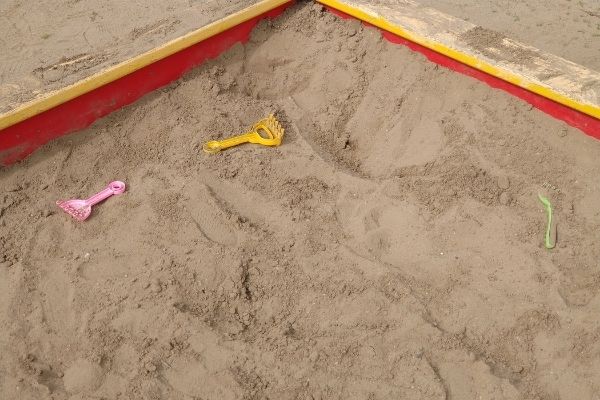
Masonry sand is finer and smoother than most other construction sands. However, it is still not as soft as specialty play sand. Masonry sand also does not go through the same testing as child-safe play sand.
While many parents opt to use masonry sand in their children’s sandbox, there may be better, safer options available.
Is masonry sand the same as all-purpose sand?
Because of its long list of uses, masonry sand is often marketed as all-purpose sand. It’s a great option for any project where you do not need a specific kind of sand.
What color is mason sand?
From a distance, masonry sand can look like one cohesive color. Take a closer look, however, and you’ll see that it’s actually made up of many different-colored granules.
The color of mason sand can vary, often because of the type of rock used or the quarry’s geographical location.
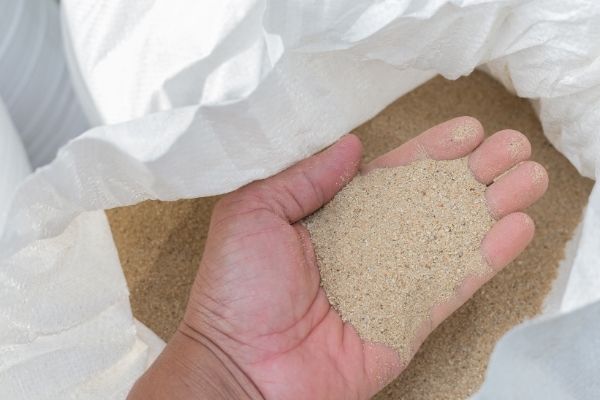
Most masonry sand is light in color, typically coming in shades of yellow, brown, and grey. Other colors, such as rose or black, may be created by adding pigments to natural sand.
Where can I buy masonry sand?
Masonry sand is available from many retailers. If you only need a small amount of sand to complete a project, your best option is to buy mason sand by the bag from your local hardware store or garden center.
For larger projects, you may want to purchase sand by the ton or truckload. While some home improvement stores offer this delivery service, you can also turn to your local landscaping stone and gravel supplier.
How much does masonry sand cost?
On average, masonry sand costs between $25 and $45 per ton. When applied in a one-inch layer, a ton of masonry sand will cover approximately 35 square feet.
Pricing may vary with location, quality, color, and other factors.

